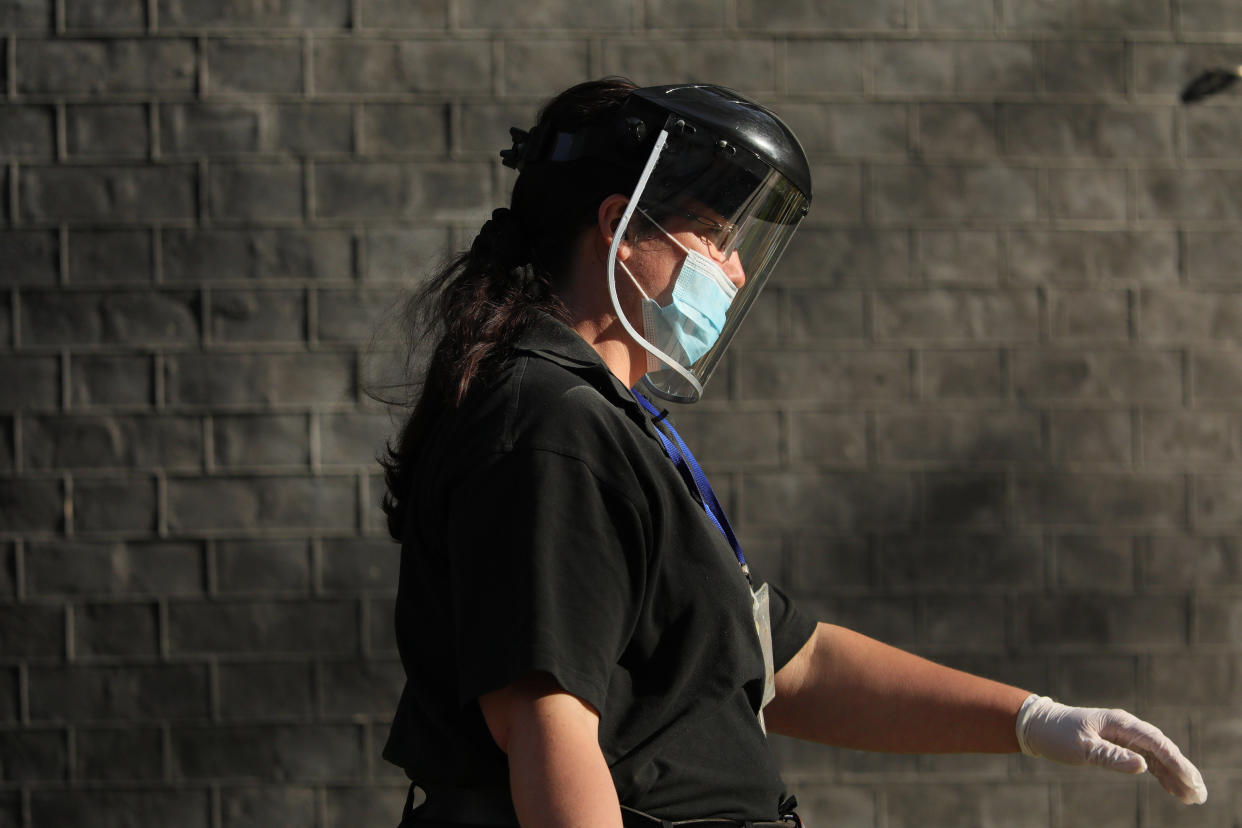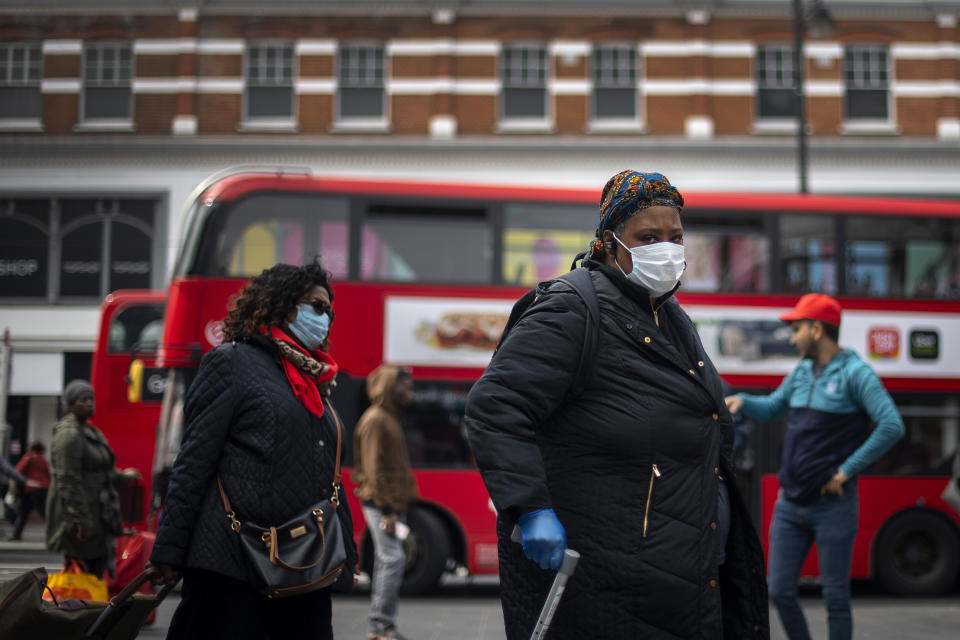Researchers say many people infected with coronavirus have shown no symptoms

Many people infected with coronavirus have shown no symptoms, scientists have said.
A number of studies from around the world indicate a large proportion of those who have tested positive for the virus have been asymptomatic.
The results confirm how quickly COVID-19, the disease caused by coronavirus, has spread, but also fuel hope that it could turn out to be less deadly than originally feared.
According to Johns Hopkins University, there have been more than 2.4 million confirmed cases of coronavirus worldwide, and more than 165,000 deaths.
In the UK, 16,060 of those hospitalised to have tested positive for coronavirus have died, the government says.
Health officials have said consistently that coronavirus usually causes mild flu-like illness, but there is growing evidence that a large number of carriers may have no symptoms at all.
In Iceland, scientists screened 6% of the population to see how many had previously undetected infections and found about 0.7% tested positive for coronavirus.
Latest coronavirus news, updates and advice
Live: Follow all the latest updates from the UK and around the world
Fact-checker: The number of COVID-19 cases in your local area
6 charts and maps that explain how COVID-19 is spreading
So did 13% of a group of 9,000 people at higher risk because of recent travel or exposure to someone sick, researchers from Icelandic universities and deCode Genetics found.
Perhaps most striking, scientists found that 43% of people who tested positive had no symptoms – or at least did not at the time of their testing.

Iceland has been identified as a model country in how to contain COVID-19, with just nine deaths and 1,771 cases, according to Johns Hopkins University.
Meanwhile, the US navy told Reuters that about 60% of the infected crew on board the USS Theodore Roosevelt, which was stranded in the Pacific Ocean as a result of a coronavirus outbreak, were asymptomatic.
Watch the video below
The navy began testing the entire 4,800-member crew after one person died, and with testing 94% complete, found that about 60% of the 600 sailors with coronavirus had shown no symptoms.
A study of 215 pregnant women admitted to the New York-Presbyterian and Columbia University Medical Center between 22 March and 4 April found that 33 – or 15% – had coronavirus.
However, almost all of those who tested positive – 29 of the 33 – had no symptoms when tested, although some developed them later, the New York Post reported.
And last month, it emerged that 46% of the 712 passengers and crew on board the stricken Diamond Princess cruise ship in Japan to test positive for coronavirus had no symptoms.
These studies used tests that look for bits of the virus from throat and nose swabs, which can miss cases.
Someone can test negative one day if there is not much virus to detect and then positive the next.
Symptoms may not appear when someone is tested but turn up later.
More accurate answers may come from newer tests that check blood for antibodies, substances the immune system makes to fight the virus. But the accuracy of these, too, is still to be determined.
If infections are more widespread than previously understood, it is possible that more people have developed some level of immunity to the virus.



